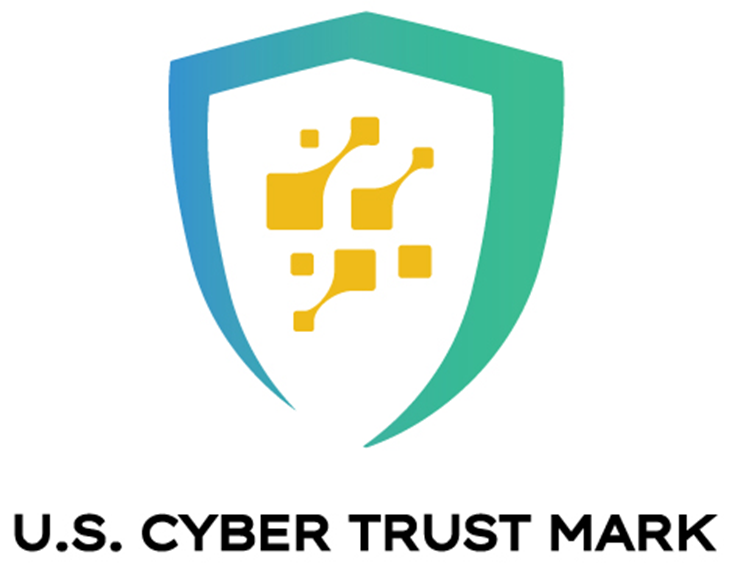Teacher
Professional
- Messages
- 2,669
- Reaction score
- 819
- Points
- 113
The US government is taking control of the growing technological chaos.
The US Federal Communications Commission (FCC) has approved a new voluntary labeling program for Internet of Things (IoT) devices intended for consumers.
The program introduces the "U.S. Cyber Trust Mark" certification label for devices that meet the cybersecurity standards developed by the National Institute of Standards and Technology (NIST). These standards include unique and strong default passwords, data protection, software updates, and incident detection capabilities.
The program was unanimously approved at a recent public meeting of the commission. FCC Chairwoman Jessica Rosenworcel emphasized the importance of IoT device security, especially focusing on the security of baby monitors and similar devices.
The "U.S. Cyber Trust Mark" tag will be provided with a QR code that buyers can scan to get additional information about the product's cybersecurity, including the period of its support, the availability of software patches and automatic security updates.

One of the certification tag design options
The program will be supervised by the FCC, and approved administrators will evaluate product requests, issue labels, and perform other functions. Accredited laboratories will be responsible for product conformity testing.
The tag is expected to apply to a wide range of products, including home video cameras, Internet-connected home appliances, fitness trackers, garage doors, baby monitors, and voice-controlled devices.
The initiative has received support from several major retailers, including Amazon, Best Buy, Google, Logitech, and Samsung. The Cybersecurity and Infrastructure Protection Agency (CISA) and regulators from the Department of Justice will be appointed to oversee and monitor compliance with the standards.
The FCC is still in the process of discussing additional requirements, including the need to disclose/not disclose information about whether a country that poses national security risks is associated with the development of a smart gadget. And also about whether the data of users of smart gadgets will be sent to servers located in such an "unsafe" country.
Experts express mixed opinions about the concept of the proposed tag, but agree that it can be the first step towards ensuring responsibility in creating software products, especially in relation to cybersecurity.
The US Federal Communications Commission (FCC) has approved a new voluntary labeling program for Internet of Things (IoT) devices intended for consumers.
The program introduces the "U.S. Cyber Trust Mark" certification label for devices that meet the cybersecurity standards developed by the National Institute of Standards and Technology (NIST). These standards include unique and strong default passwords, data protection, software updates, and incident detection capabilities.
The program was unanimously approved at a recent public meeting of the commission. FCC Chairwoman Jessica Rosenworcel emphasized the importance of IoT device security, especially focusing on the security of baby monitors and similar devices.
The "U.S. Cyber Trust Mark" tag will be provided with a QR code that buyers can scan to get additional information about the product's cybersecurity, including the period of its support, the availability of software patches and automatic security updates.

One of the certification tag design options
The program will be supervised by the FCC, and approved administrators will evaluate product requests, issue labels, and perform other functions. Accredited laboratories will be responsible for product conformity testing.
The tag is expected to apply to a wide range of products, including home video cameras, Internet-connected home appliances, fitness trackers, garage doors, baby monitors, and voice-controlled devices.
The initiative has received support from several major retailers, including Amazon, Best Buy, Google, Logitech, and Samsung. The Cybersecurity and Infrastructure Protection Agency (CISA) and regulators from the Department of Justice will be appointed to oversee and monitor compliance with the standards.
The FCC is still in the process of discussing additional requirements, including the need to disclose/not disclose information about whether a country that poses national security risks is associated with the development of a smart gadget. And also about whether the data of users of smart gadgets will be sent to servers located in such an "unsafe" country.
Experts express mixed opinions about the concept of the proposed tag, but agree that it can be the first step towards ensuring responsibility in creating software products, especially in relation to cybersecurity.

